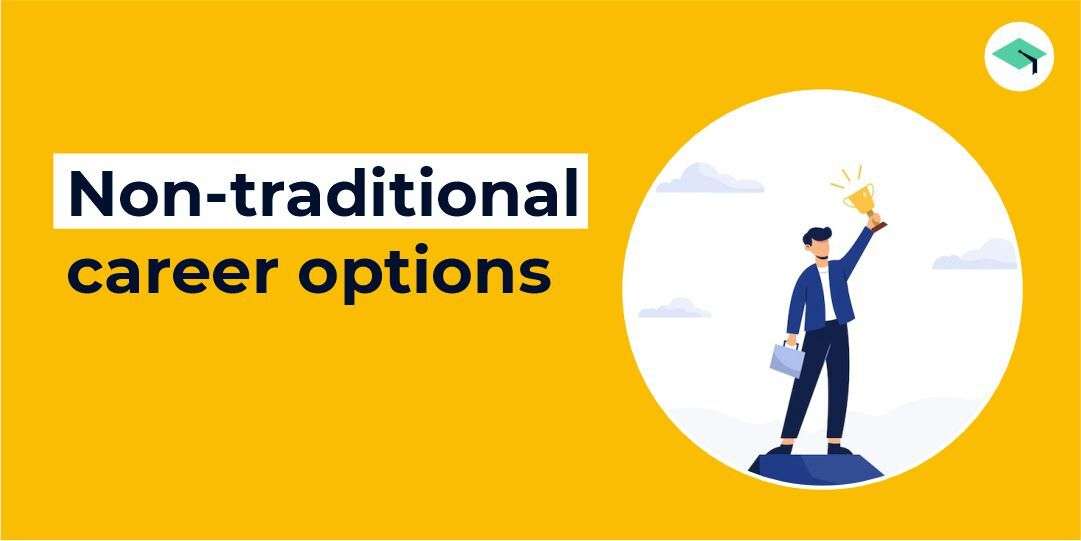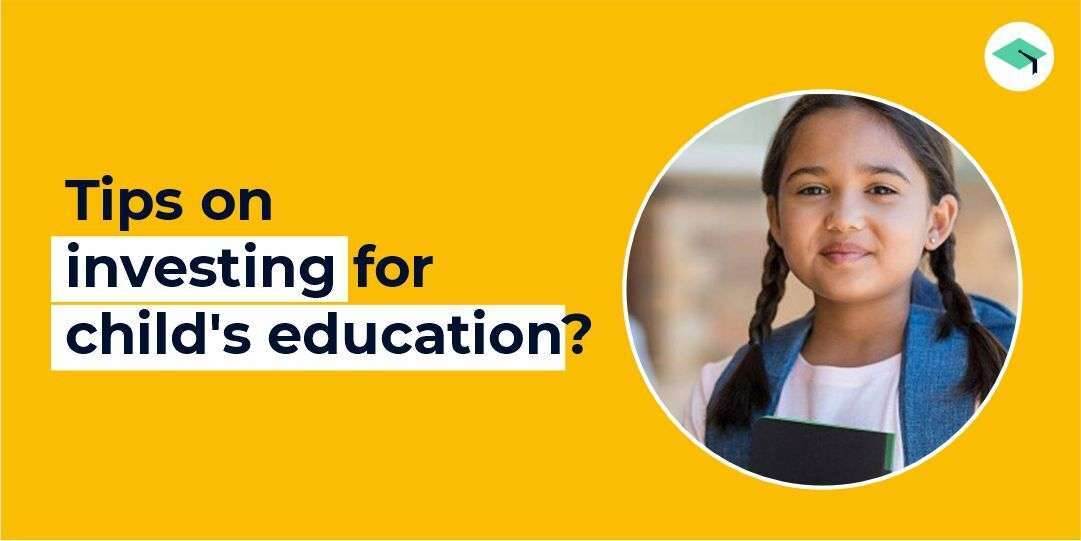Top non-traditional career options for your children

Choosing the right career path is difficult especially if you are looking at non-traditional career options. It is also hard to make sure you and your parents are on the same page about your career path.
Especially, if your dream job is a little offbeat. Parents want nice, safe careers for their kids that offer maximum job security and chances of success.
You may not want the same things as your parents and that is okay. But to bring them to your side, you will need a plan.
The right conversations and the right counseling can make all the difference between endless arguments and unconditional support.
Here’s what you need to do!
Plan your education and career
Before you embark on your dream career, you need to get your dream degree and for that, you need a plan.
You can create a document or presentation titled ‘Education Plan’ or ‘Career Plan’ to show your parents that you have given this thought and effort.
The reason why most parents are scared of their children choosing unconventional careers and degrees is that these careers are not always reliable.
They may not be as well-paying or as secure as traditional career paths. You need to lay those doubts to rest!
The best way to do this is to let your parents know that you have considered the risks yourself and have a clear plan of action in place.
This includes having a clear idea of what kind of degree you want and where you can get with this degree.
Be flexible
Most undergraduate-level degrees give you access to a wide range of job opportunities. You may have your heart set on a specific dream job, but you need to let your parents know that you have backups in place.
Include the varieties of jobs you hope to secure with the degree you are choosing in your Education Plan.
Also, make a list of your dream colleges. You will need to do thorough research to figure out which colleges are the best fit for you.
Decide whether you want to stay in India or study abroad. You should also find out what kinds of jobs the alumni from your prospective colleges have secured.
You can even try and get in touch with these alumni to see if they can give you some career advice.
Figure out and tell your parents about the kinds of internships you intend to take while in college and the kind of projects and extracurriculars you plan to pad your CV with.
With a meticulous plan in place, your parents will be able to trust and support you in your ambitions.
Funding your education
You may not have figured out where the funding for your education will come from and that is okay. You are young and have probably never had to think seriously about financial matters before this.
Your education is going to be the most profitable financial investment of your life and your parents probably already have plans in place.
If you haven’t communicated with your parents about your career goals, then their plans and your dreams may not exactly align.
This is why while you are researching careers and degrees, you should also research fundraising for education.
There is more than one way to finance your education
There are many ways of funding your education. Tuition fees differ depending on whether you plan to study in India or study abroad. Different countries have different college fee structures.
Scholarships and Fee Waivers are one way to fund, but there is no guarantee of always receiving them. A very common way of raising education funds in India is Education Loans.
These loans can be secured through banks or other financial institutions like EduFund.
If an education loan is the best way for you to secure your funding, you should thoroughly acquaint yourself with them. It is important to understand the exact terms of the loan and the payment plans set forth by the bank or financial institution providing the loan.
You could also use an Education Loan Calculator to figure out the specifics of how much funds you can raise through loans and how much you will have to pay back. Usually, you start paying back an education loan after you graduate.
Get education counseling and guidance
Never underestimate the difference a good education counselor can make. Counselors are well-versed in the intricacies of career and education planning.
They can help you understand the details of how to apply for universities and entrance exams and how to prepare for them.
They can also act as a mediator between you and your parents if they are not very supportive or comfortable with your career choice.
Your school might already provide counseling services that you can avail of. If that is not the case you can look for education counseling for students online.
Free counseling services are sometimes available, some counselors offer an initial free session so that you can figure out if their services are suitable for you.
The counseling is for guiding both you and your parents. Students have big dreams but often don’t take practical considerations in mind.
Meanwhile, parents look out for their children and want the best for them, but even their best plans for their children’s education may not always align with their children’s dreams.
Good counseling can help bridge these gaps. It can provide you with some much-needed and helpful perspective when it comes to the practical side of career and education planning.
It can also help you communicate better with your parents and make them more supportive of your dreams.
What happens next?
So, you have an education plan in place, you have secured funds and you have undertaken to counsel. But, what comes next? After all, a degree is only the beginning. But what happens once you have secured admission?
Well, something a lot of students with grand education plans don’t consider is – the need for flexibility. While having a dream job and being passionate about it is important, it is also good to be adaptable.
Once you actually start your degree and start talking to your teachers, peers, and seniors, you may realize that your dream job is not ideal for you.
You also may develop different interests or discover new and exciting, alternative career avenues that you had not considered earlier.
It is important that you keep your eyes and ears open for alternative careers and backups while working towards your dreams. Keeping your career options and CV diverse is very wise and ensures that you don’t end up ‘stuck’ in a dead-end career or a job that no longer fulfills you.
Most undergraduate degrees offer skillsets that are usually widely applicable. Be aware of the applicability of your skills in different professions and make smart career decisions.
FAQs
What are some non-traditional career options for children?
Here are some non-traditional career options for children that are lucrative and in demand such as –
- Veterinarian
- YouTuber/Social media personality
- Data analyst/scientist
- Dietician
- UI/UX designer
How does career counseling help children?
Career counseling helps children decide what they can do in the future. It helps them align their interest and aptitudes. It is the best tool to help your child determine what careers are most suitable for them and can give them an opportunity to use their unique skills. Consult the best education counselor right here – click now!
What is the best way to finance your child’s non-traditional career?
The best way to finance your child’s higher education is through investments. Investments like mutual funds, stocks, and ETFs can help you keep up with the growing prices of colleges and education in general. You can also opt for education loans that offer attractive interest rates.
recommended reading
10 Benefits of Studying in Canada!
10 Reasons Why You Should Study in the USA
11 reasons to study in Australia
4 essential tips on investing in your child's education
4 Reasons why you should have an EduFund
5 Reasons why Global Education is the Best for Indian Students
5 reasons why your child's college education is at stake
5 steps to apply for art school admission
5 ways to deal with rising college fees for your child!














